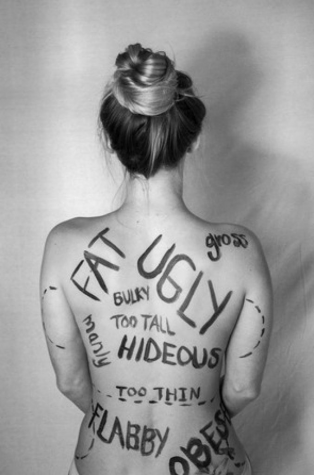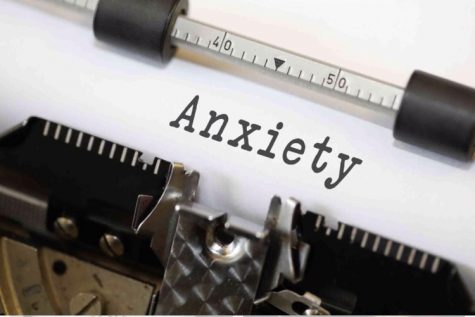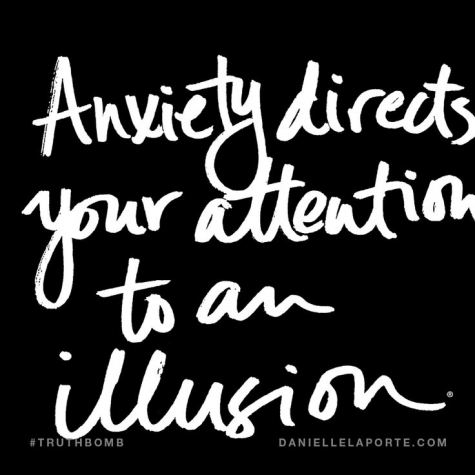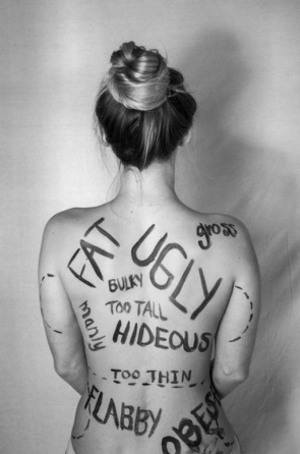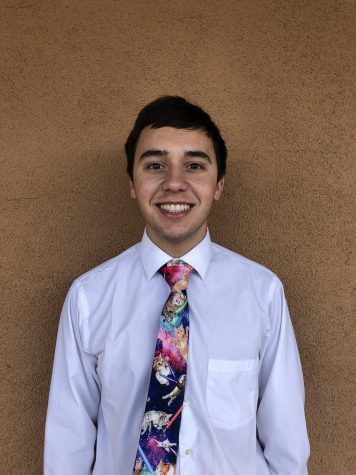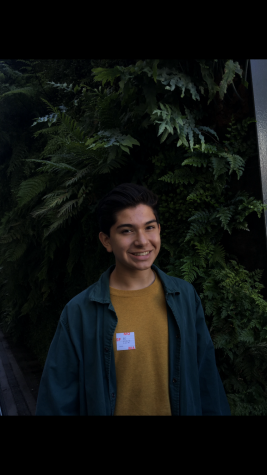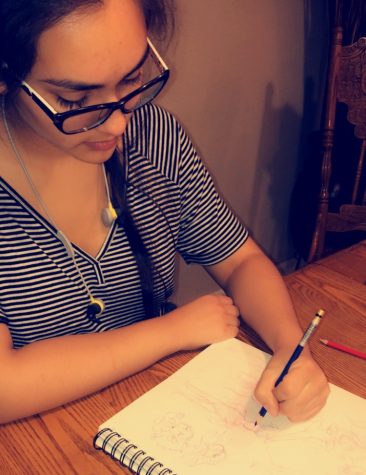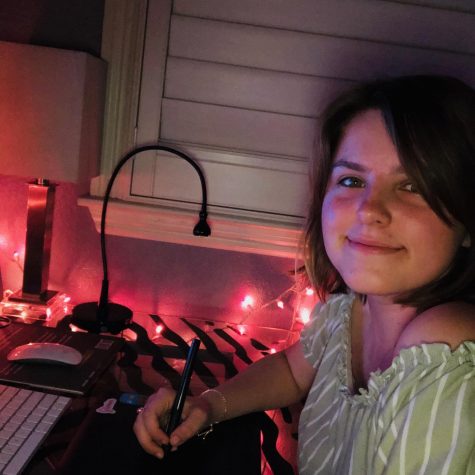The Truth about Anxiety
Imagine standing in front of your third period class, next in line to give your final presentation ,and it feels as though your body is trying to keep you from succeeding. You feel your heart racing, butterflies in your stomach, and the gut-wrenching thought of what others are going to say about you. Now imagine feeling this way everyday when executing minuscule tasks. This is the embodiment of anxiety.
According to the National Institute of Mental Health, anxiety is the most common mental-health disorder in the United States, affecting nearly one-third of both adolescents and adults. This rise in anxiety is affecting teens more than it ever has in America and like most mental health illnesses, anxiety is often seen as less of a serious problem.
One of the most common causes of anxiety is the high expectations teens place on themselves. Today’s teens are under a lot of stress with wanting to do well in school and sports that will potentially get them into their dream college. Many may be involved in clubs, volunteering in their community, have responsibilities at home, and aspire to maintain active social lives. The expectations teenagers have of themselves can cause them to be more stressed out than they should be and often forget to take care of themselves especially with their chaotic schedules. It is important to decompress and sleep, if not, sleep deprivation can cause their anxiety to get worse and make it harder to sleep, manifesting a detrimental cycle.
According to Anxiety.org, another prevalent cause of anxiety is due to the amount of time teenagers spen d on social media. Teenagers who use social media have the habit of carrying out the “compare and despair” factor: as you scroll through your feed, you notice how perfect someone else’s life is, how much prettier someone is compared to you and start to think about everything you’re not instead of thinking about the wonderful qualities that actually make you who you are. A small study of teens ages 13 through 18 from the UCLA Brain Mapping Center found that receiving a high number of likes on photos showed increased activity in the reward center of the brain, therefore teens are influenced to strive to be whatever that’ll get them the most likes and to be accepted by their peers. The need to gain “likes” on social media can cause teenagers to make choices they wouldn’t normally make, including altering their appearance and engaging in negative behaviors, consequently making their anxiety worse.
It is necessary for mental illnesses to be treated the way physical illnesses in order for the health of our society to progress.
https://open.spotify.com/user/ellie.swimmer.12/playlist/2ELTsudhlYF2FhqOGnMdzg?si=e_JsXjBLTHaPGNBLvKpHTA

Eleanor is a junior at Ripon High. Her personal goals for the school year becoming as involved as possible, qualifying for CIF State swimming championships,...


